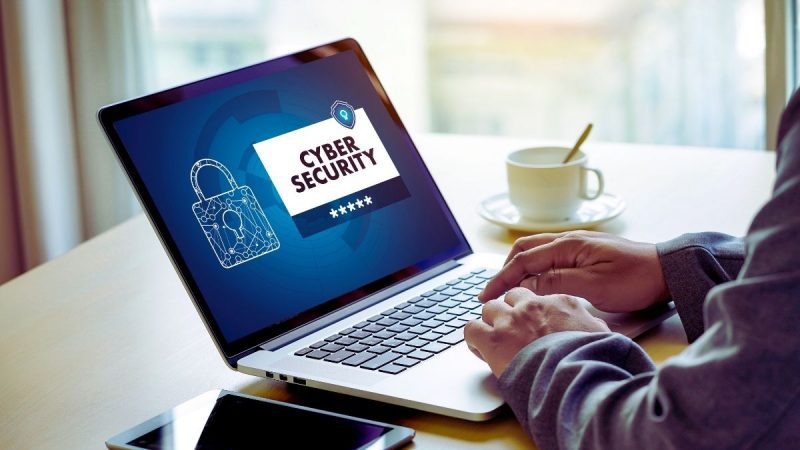In the digital age, health records are more than just files, they’re treasure troves for cybercriminals. As Dubai transforms its healthcare system with cutting-edge digital solutions like NABIDH, ensuring the security of sensitive data has never been more vital. But how do you shield your online health records from cyber threats? Let’s dive in.
Why Your Health Data Is A Prime Target?
Health records aren’t just about prescriptions, they contain personal, financial and medical details. Cybercriminals find this information highly lucrative for identity theft, insurance fraud, and even black-market trading. With systems like Dubai’s NABIDH centralising millions of patient records, the stakes are high.
Top Tips To Keep Your Health Records Safe In Dubai
1. Limit App Data Sharing
Before you hit “Allow,” check what you’re granting access to. Restrict apps to the bare minimum. Your step count doesn’t need to know your medical history.
2. Use Strong Passwords
Still using “123456”? It’s time to upgrade. Mix uppercase, lowercase, numbers, and symbols for bulletproof security. Better yet, use a password manager to handle the complexity.
3. Enable Two-Factor Authentication (2FA)
Add a second lock to your virtual door. 2FA ensures only you can access your data, even if someone guesses your password.
The Role Of NABIDH
Dubai’s NABIDH system connects patient records across 1,300 healthcare facilities, offering seamless access for medical providers. With over 9.47 million records securely integrated, it revolutionises healthcare management in the Emirates. However, it’s equally critical for residents to stay vigilant about their cybersecurity practices.
Avoid Common Pitfalls
4. Steer Clear of Public Wi-Fi
That free café Wi-Fi might cost you more than coffee. Use secure, private connections when accessing health apps or records.
5. Stay Alert for Phishing Scams
“If you don’t verify, you’ll regret it.” Cybercriminals use fake emails to extract sensitive data. Always double-check senders before clicking.
6. Monitor Your Accounts
Check health apps regularly for suspicious activity. Set alerts for login attempts or data changes, it’s like a security camera for your digital health.
7. Keep Software Updated
Hackers love outdated systems. Regular updates ensure your apps and devices have the latest security patches.
Final Steps
8. Verify Before You Share
Don’t hand over your information to just anyone. Always check the legitimacy of platforms and individuals requesting access.
9. Back It Up
Store a secure copy of your records offline or on an encrypted drive. This ensures you’re prepared in case of a breach.
10. Educate Yourself
Cyber threats evolve daily. Stay informed through reliable sources and adapt your security measures accordingly.
The Dubai Health Authority actively promotes cybersecurity education, urging residents to adopt best practices. Dubai’s healthcare innovations offer unmatched convenience, but they also require a shared responsibility for security. By adopting these preventive measures, you can enjoy the benefits of digital healthcare without compromising your privacy.
Cover Image Courtesy: Canva Stock Images
For more such snackable content, interesting discoveries and the latest updates on food, travel and experiences in your city, download the Curly Tales App. Download HERE.

